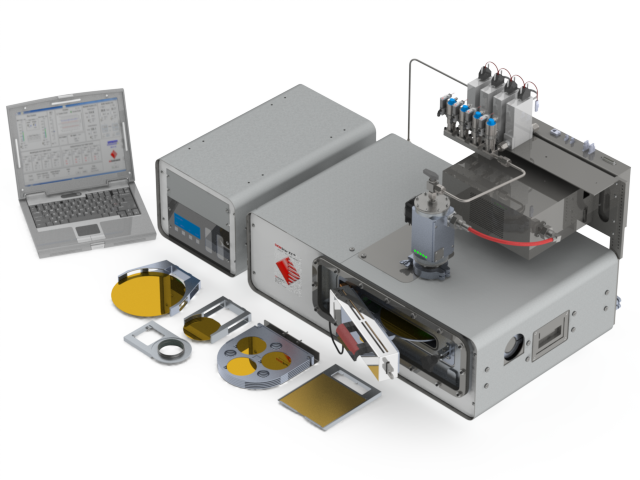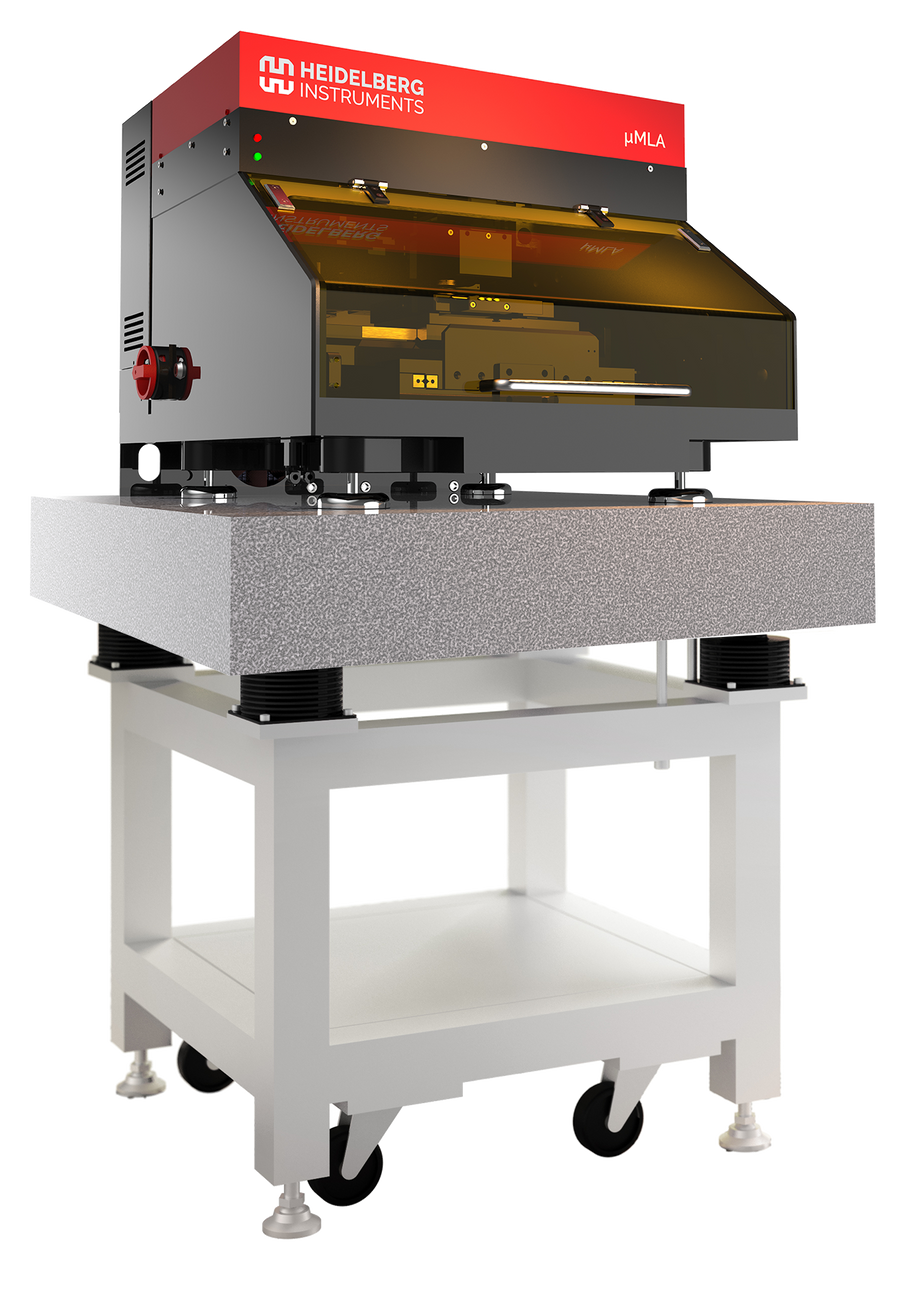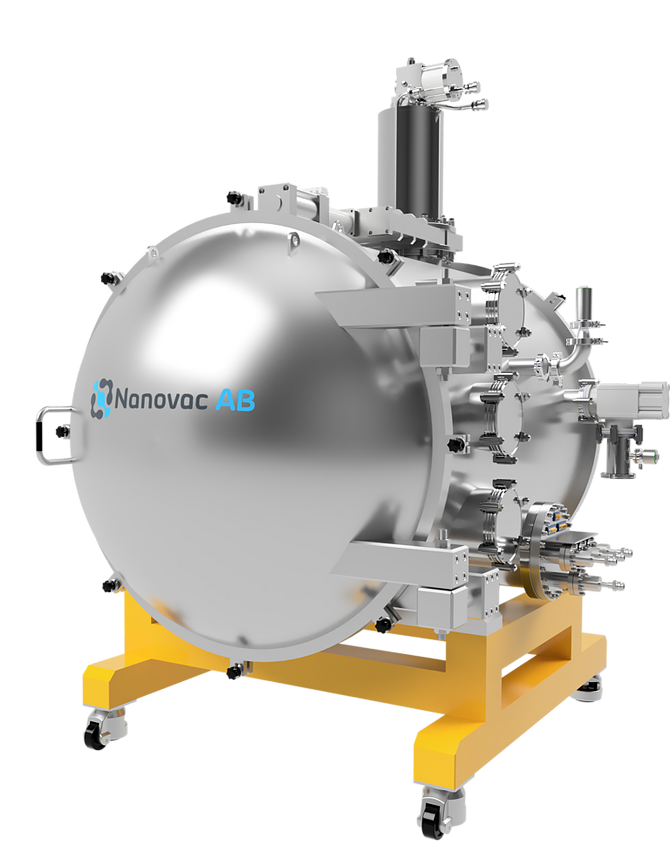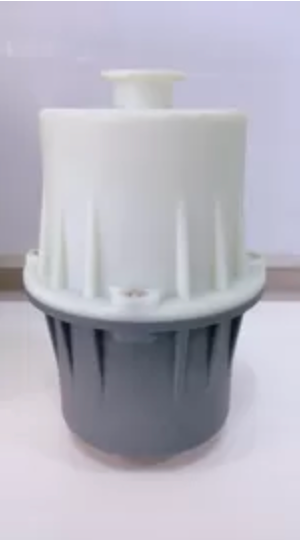Effect of Plasma Treatment of Titanium Surface by piezobrush PZ2
Scientists of Osaka Dental University researched
Studies showed implant osseointegration is affected by surface wettability. The relationship between hydrophilicity and cell adhesion has been confirmed in vivo studies. Concentrated alkali improves the biocompatibility of pure titanium. In this study, we used piezobrush® PZ2 to coat the disks by using active gas in atmospheric-pressure, low-temperature plasma treatment processing, to enhance the hydrophilicity of the material surface. The aim was to assess its influences on the initial adhesion of the material to rat bone marrow and subsequent differentiation into hard tissue. No structural change and a decrease in contact angle was observed. The treated samples had higher values for in vitro bovine serum albumin adsorption, rat bone marrow cell initial adhesion, alkaline phosphatase activity activity tests, and factors related to bone differentiation than the untreated control. The present study indicated that the induction of superhydrophilicity in titanium via atmospheric pressure plasma treatment with a piezobrush affects RBM cell adhesion and bone differentiation without altering surface properties.
Explore more
- 2D Material
- 2D materials
- 3D
- 3D printing
- 7th South Australia Space Forum
- adhesion
- adhesive bonding
- Aerospace
- AFM
- ALD
- angle etch
- Apiezon
- ATC
- atomfab
- atomic force microscopy
- battery
- benchtop
- Benchtop PVD Deposition System
- Benchtop Thermal Evaporation
- Biocompatibility
- bonding
- bone differentiation
- Bosch Etcher
- cell adhesion
- Characterisation
- Chemical etch
- Chiller
- CMOS
- CMP
- Coating
- cold atmospheric pressure plasma
- Communicator
- Covid-19
- CRYO Instruments
- Cubesat
- Data Analysis
- Deep Silicon Etch
- Dental
- Deposition
- direct imager
- Direct Write Lithography
- direct writing
- directwrite
- dope
- Dry Etcher
- dry etching
- Edwards Vacuum
- Electrical characterisation
- electron microscopes
- electronic devices
- energy harvesting devices
- Etch Process
- Etch Slanted Features
- etching
- Europlasma
- Evaporation
- FlexAL
- Fluxim
- Gas
- Glovebox
- Graphene
- Grease
- HDPE
- Health Centre
- heat exchangers
- Heidelberg Instruments
- heterostructures
- Holograms
- hydrophilicity
- ICP
- ICPMS
- innovation
- installation
- Ion Beam
- Ion beam etching
- ISO9001
- iVacSens
- Lab On Chip
- lithography
- lithography system
- magnetron
- Maskless Aligner
- Maskless Lithography
- maskless stepper
- masklessaligner
- memories
- MEMS
- MEMs Vacuum Sealer
- microfabrication
- Microfuidics
- Microstructures
- MLA150
- MoS2 Monolayer
- Nano technology
- Nano Vacuum
- nano-oscillators
- nanofabrication
- nanofluidics
- nanofrazor
- nanotechnology
- Nanovac AB
- nanovacuum
- navigation
- Nazia Tabassum
- Nnao Vacuum
- NnaoFrazor
- nomoremasks
- NT-MDT
- Oil
- Oncology
- OpAL
- Optical
- optics
- optoelectronics
- Oxford
- Oxford Instrument
- Oxford Instrument Nano Science
- Oxford Instruments
- Oxford Instruments Nano Science
- Oxford Instruments Plasma Technology
- p-n junction
- pattern
- pattern generator
- patterning
- Perovskite Solar Cells
- Perovskites
- photonics
- photovoltaic
- Physical etch
- Piezobrush
- Plasma
- Plasma Cleaner
- Plasma etch
- Plasma Polish
- Plasma Pro 100 Estrelas
- plasma process
- Plasma technology
- plasma treatment
- Plasmaguard
- PlasmaPro
- plastics
- polarity
- Power Device
- Precision Hot Plates
- Pressure
- Process News
- PTIQ software
- PVD
- PZ3
- quantum
- Quantum Device
- Quantum Devices
- quantum dots
- Quantum technology
- Raman
- Rapid Thermal Annealers
- Recirculating Chillers
- Relocation
- Relyon
- Relyon Plasma
- Replace Mask Aligner
- Rotor Gauge
- RTA
- RTP
- scanning probe microscopy
- semiconductor
- SENS4
- SENS4 A/S
- sensor
- sensors
- shear test
- Si deformation
- SiC
- slanted etching
- slanted features
- SmartPirani
- Software
- solar cells
- Solder Reflow Ovens
- Space Mission
- Space research
- Space Simulation
- Specs
- Spectroscopy
- Spintronic
- Sputtering System
- SRG
- start ups
- superconducting qubits
- superconducting single photon detectors
- surface energy
- surface science
- surface treatment
- The ProteoxTM
- Thermal Vacuum Chamber
- thermochemical scanning probe lithography
- thin film deposition
- tHz time-domain
- Titanium
- TPT Wire Bonder
- Transducer
- TVAC
- UniTemp GmbH
- UNSW
- Vacuum
- Vacuum Pumps
- VSS-300 Vacuum Solder System
- Walk Through Booth
- Wax
- webinar
- wettability
- wire bonding
- X-ray





